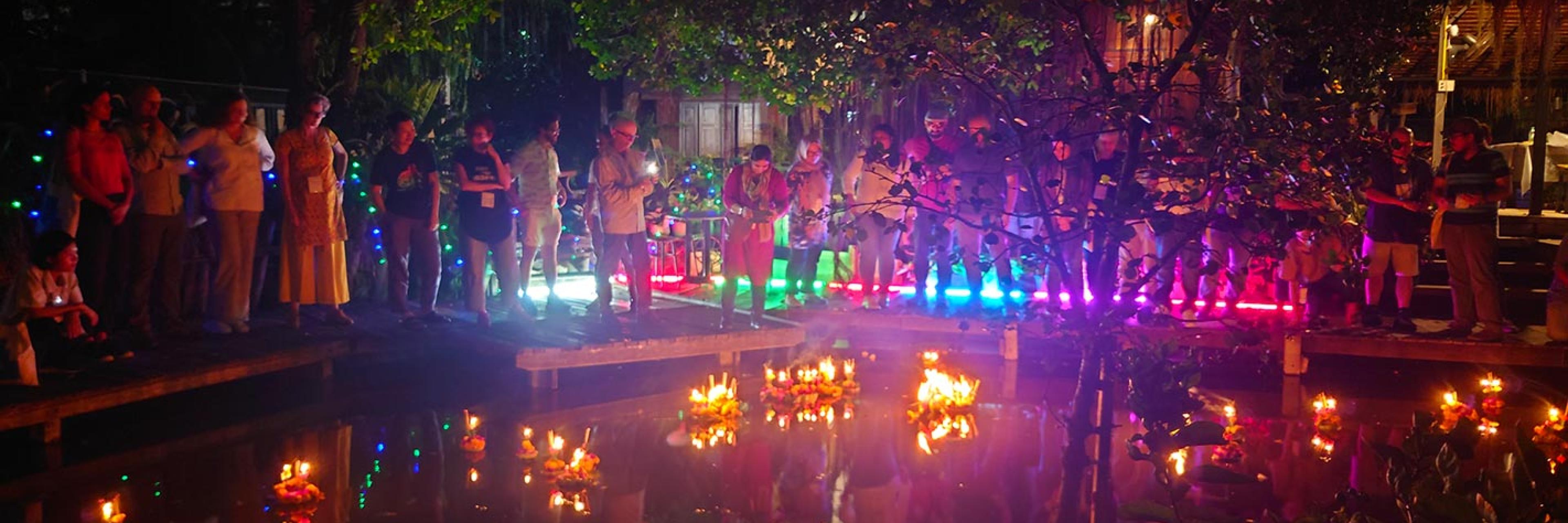
RCN mission statement/manifesto
Approved in Bangkok, November 2023. This is a dynamic manifesto, which will be adapted by the RCN partners over time as the network develops.
Rivers have provided fresh water, a range of food sources and navigable routeways for humans since time immemorial. As hunter-gatherer societies transitioned to agricultural ones and then to urban communities, humans have modified river flows, courses, and ecologies to serve their needs. While there are still some ‘wild’ rivers that do not show obvious signs of human intervention, the majority of the world’s rivers are now engineered, socio-natural assemblages. As such, they typify the broader phenomenon of the Anthropocene, an era in which humans have profoundly disrupted the planetary environment in both intentional and unintentional ways. In many cases, these modifications have severely degraded the water quality of rivers and their current biodiversity often bears little resemblance to pre-industrial forms. These developments have endangered the food security, livelihoods and cultural traditions of millions of people and the effects of climate change have exacerbated river degradation through flooding, drought and unpredictable water quality. These trends are especially pronounced in urban areas, where the health of riverine ecosystems competes for attention with many other policy priorities.
The River Cities Network (RCN) was established in 2022 to develop research, policies and practices that can facilitate sustainable ways of living with rivers. Central to the network’s project is the acknowledgement of the integrity of rivers as complex aquatic-terrestrial systems that merit respect and care. The RCN comprises community members, activists, researchers, policymakers, hydrologists, engineers and scientists from the Global South and North who have established over thirty local projects across five continents. Social and environmental justice are key drivers of RCN activities. Reflecting this, the network is committed to multi-lateral dialogue drawing on local knowledge and wisdom and recognizes indigenous rights and perspectives as fundamental to its project.
The RCN aims to provide generative guidelines that can inform international projects and help communities, researchers and governments that are concerned with the relationship between rivers and urban communities. The network welcomes communication and collaboration with other organizations and individuals who share its aims and is also open to considering applications from further regional groups that wish to join.